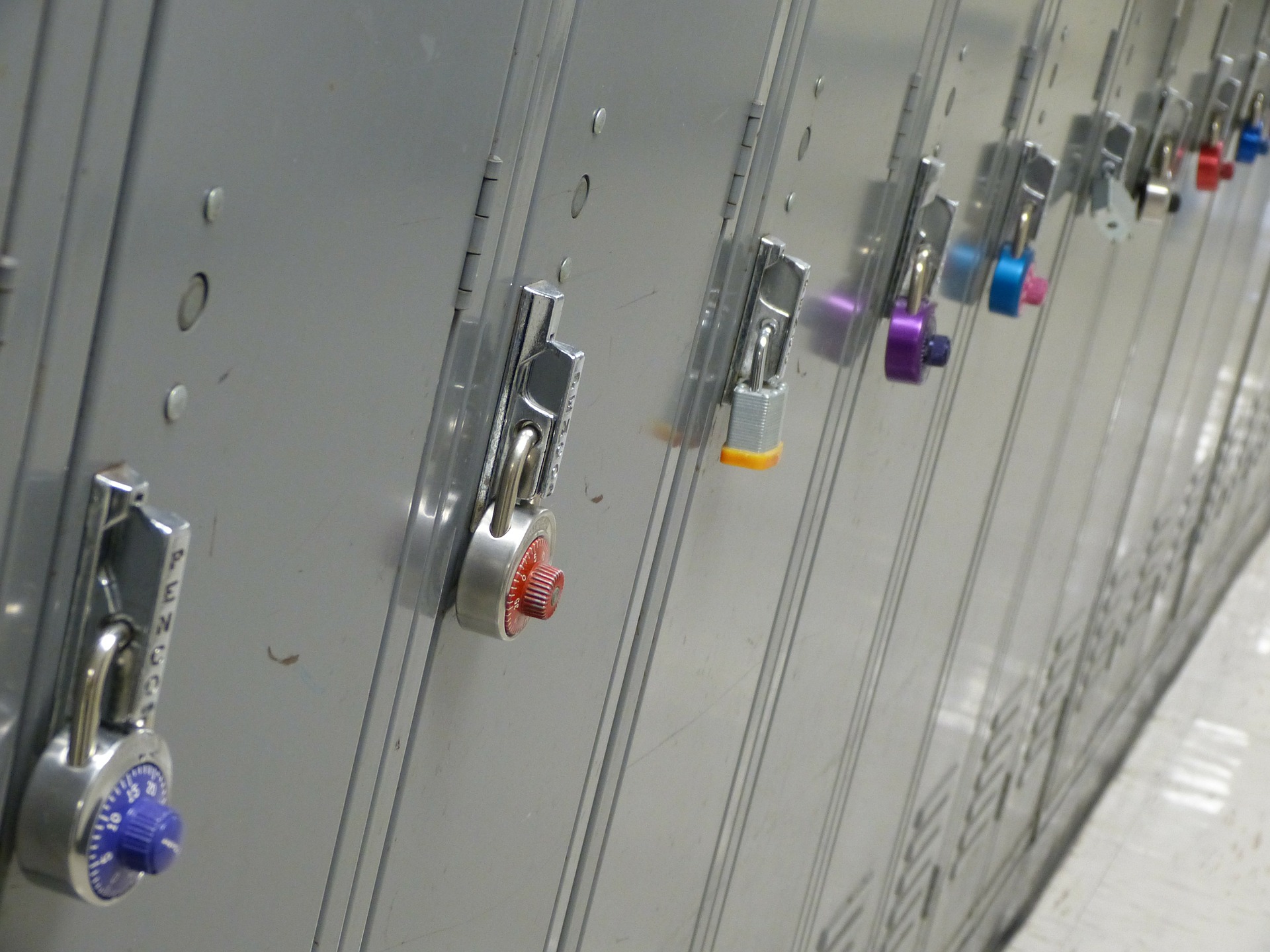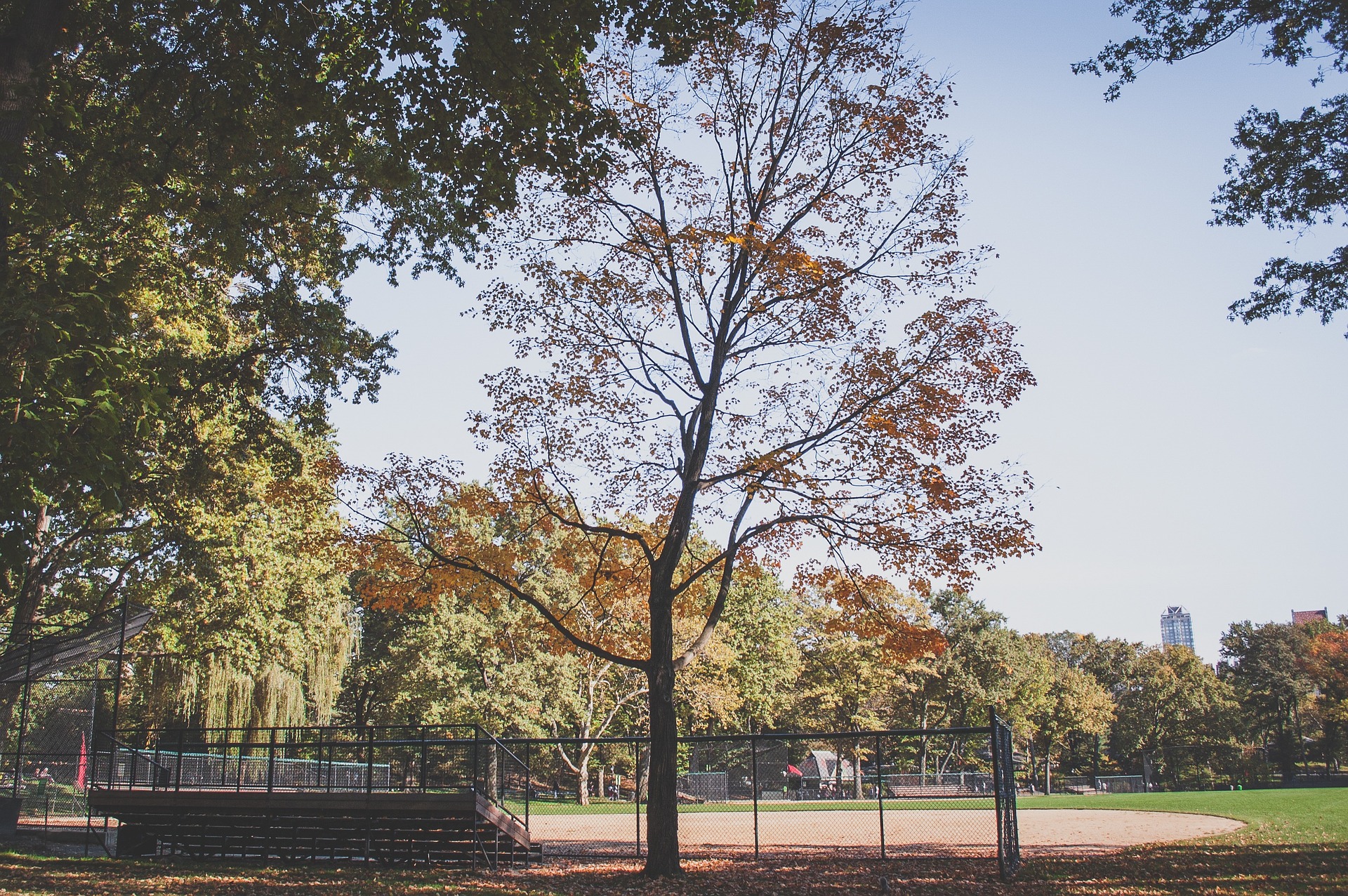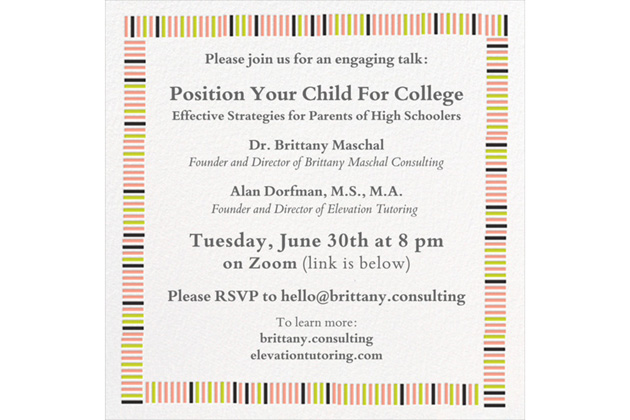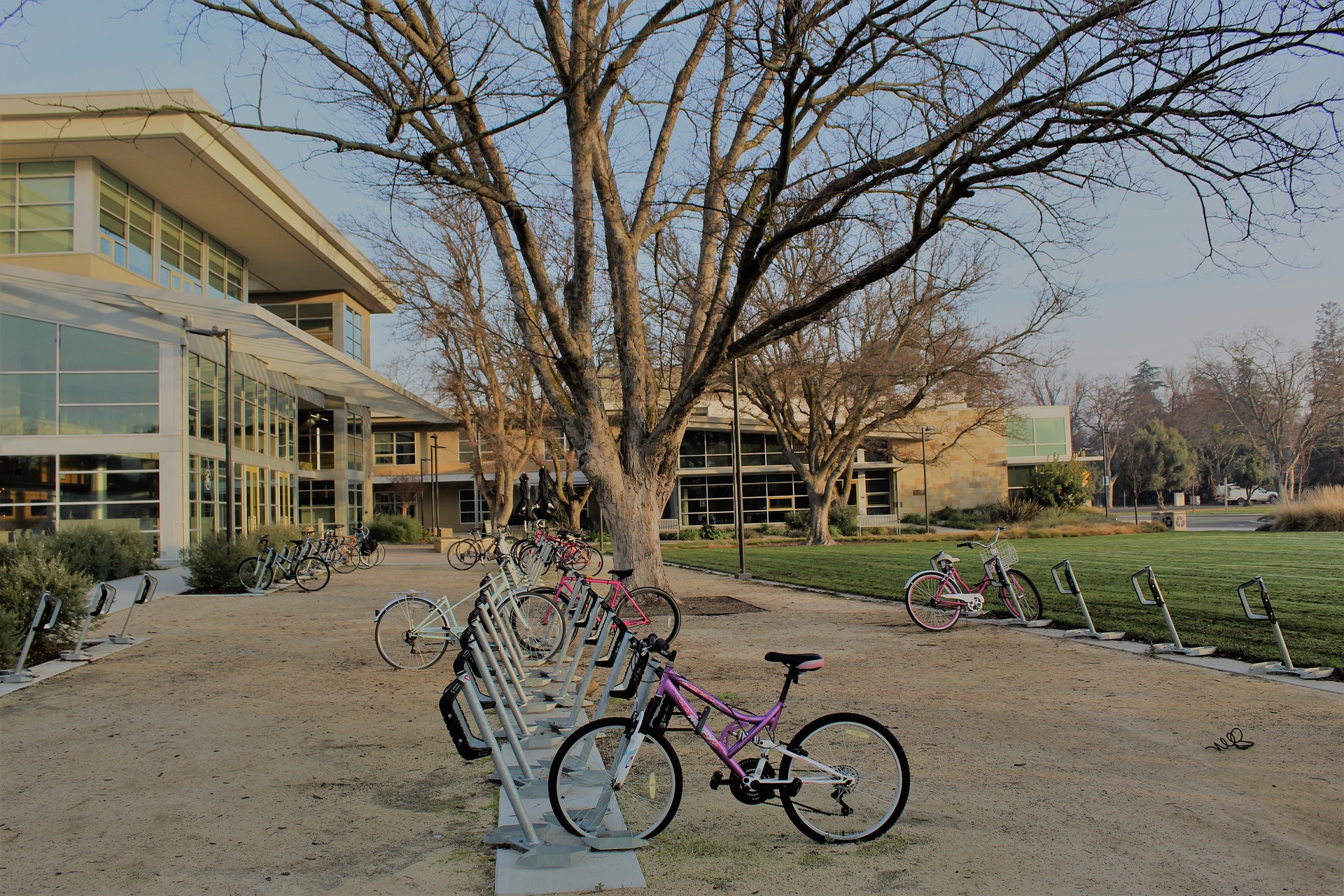Launching in October –> Peer Guides!
Given campus visit restrictions, students are finding it more challenging than ever before to get a sense of what a college is really like. Prospective applicants want (and need!) information they can’t always get online, and that they would often get by sitting in on classes, going on overnight visits, or even meeting with current students on campus through sports teams, affinity groups, or clubs they hope to join if admitted.
Whether students get to campus or not, we know from experience that they can craft smaller, more targeted college lists that reflect a deep knowledge of schools beyond rankings when they talk to current students and young alumni. Talking to peers is also the single best way to learn more about the social aspects of college and what it is like (realistically!) to follow a certain major path.
With that, we are soft-launching a new program in October: Peer Guides!
We have a small pool of college students who are available to meet with high school students and help guide them on all things their school, major, and college life in general. Here’s how it works:
–Reach out letting us know the specific school or major you want peer guidance on, and we will let you know if guides are available and share their bio(s). *Please note, as we are piloting this program, we might not have a guide available for your college or major of interest; if one becomes available later, we will let you know
-You choose a guide(s) and let us know how much time you want with them (one hour is typically sufficient). Time with the guide is purchased in one-hour blocks, and we ask that you use the time with your guide within three months
-We intro the student and guide, and they take it from there! This is not a formal mentorship program, and students and guides will schedule their time together directly. *Please note, this is a near-peer, student-to-student program. Guides do not meet with or communicate with parents
Email us if you are interested in learning more!
*Stay in the know! Subscribe*









